LATEST INSIGHTS
Your Present Location: LATEST INSIGHTS-

Wang Wen: Tech agreement shows China-US entanglement no longer easy
US President Donald Trump said Saturday that he had approved "in concept" a deal in which Oracle and Walmart would partner with TikTok in the US. This means his previous suppression of TikTok has failed. It also means that after Huawei, another Chinese company going global has wisely been able to resolve US hegemonic suppression.
2020-09-22 -
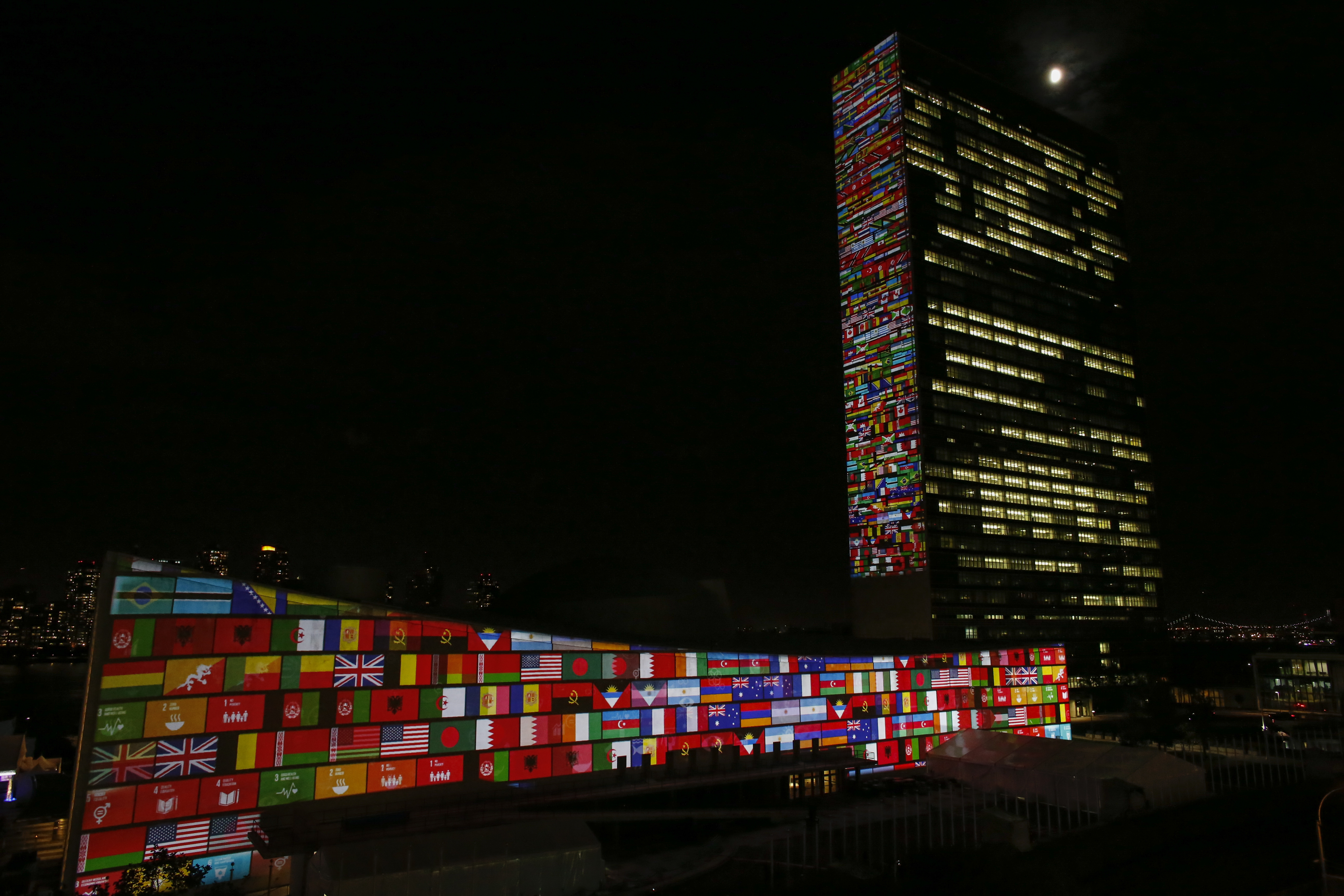
William Jones: UN at 75: Reviving the tradition of Franklin Roosevelt
We are now celebrating the 75th anniversary of the founding of the United Nations in October 1945. But when the representatives of a large portion of the world's nations gathered for its founding in San Francisco, the most important person responsible for the project was not present. President Franklin Delano Roosevelt had died several months earlier, in April, 1945 at the age of 63.
2020-09-21 -
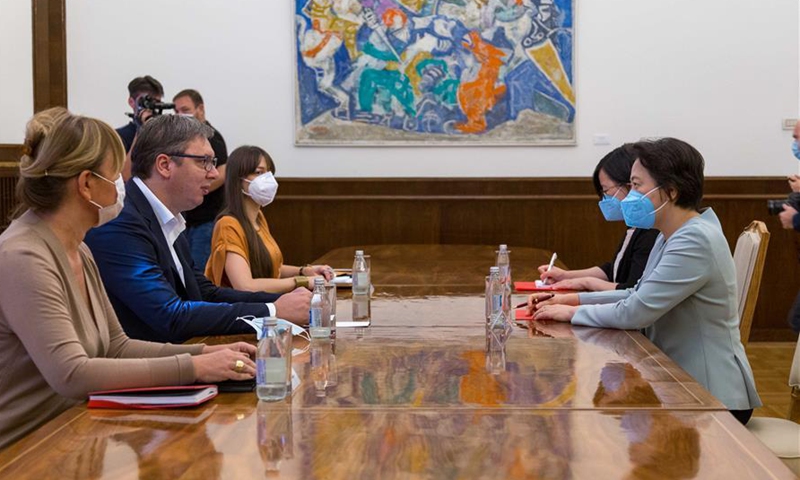
Serbia vows to deepen telecommunication cooperation with China despite agreement signed in Washington
Serbia has expressed its views openly and pledged to deepen cooperation with China after a Washington meeting in early September, which Chinese analysts believe shows US' wishful thinking of wooing and pressuring Serbia to join its alliance to counter China in fields like 5G is doomed to fail.
2020-09-21 -
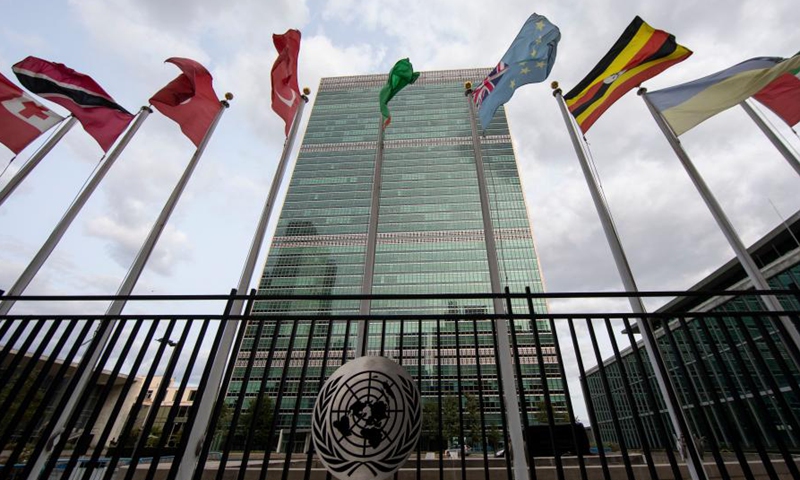
William Jones: UN the ideal place to avoid misunderstandings
It has been 75 years since the founding of the United Nations (UN) in San Francisco in 1945. Perhaps the most important institution to emerge from the devastation of the World War II, the UN was the brainchild of former US president Franklin Roosevelt who really did indeed "hate war." He wanted to create a forum in which nations could gather as equals in order to discuss controversial issues and avoid going to war, but strong enough to take action if there were a threat of war. This was the work Roosevelt hoped to follow up when the war was over.
2020-09-21 -
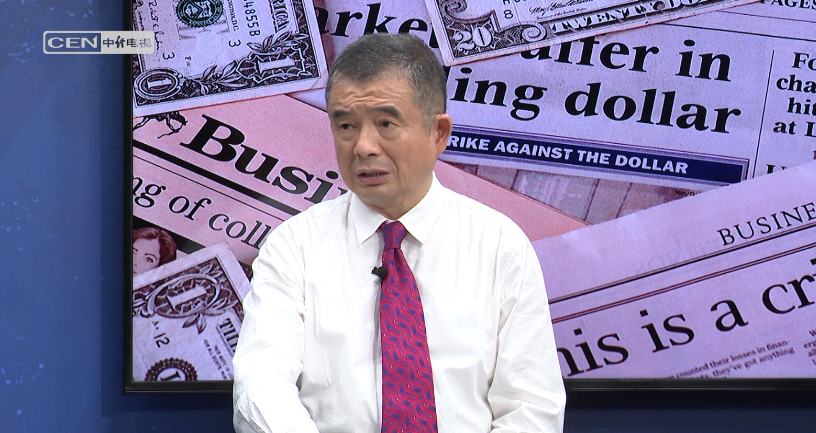
Zhou Rong: Pakistan government needs to be a coordinator in the construction of special economic zones
Three years ago, under the influence of the "Shenzhen model", Pakistan had proposed the establishment of 10 special economic zones throughout the country. Recently, on the 40th anniversary of the establishment of the Shenzhen Special Economic Zone, China had demonstrated to the world the power of special economic zones. Now, how are Pakistan's SEZs doing?
2020-09-18 -
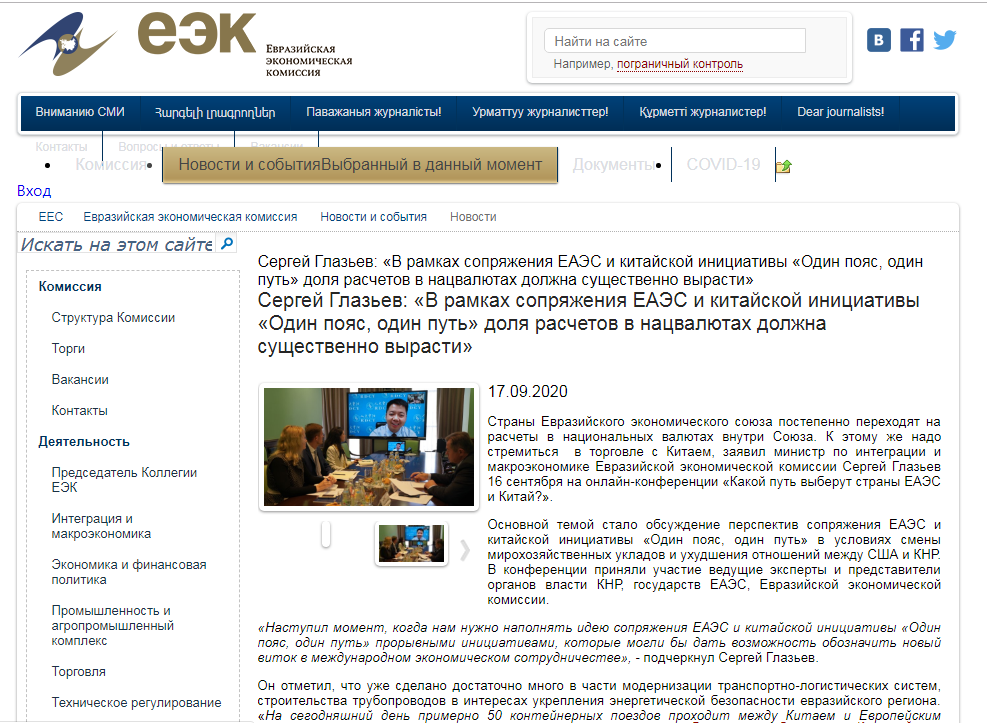
Dialogue between Zhou Li and Glaziev Sergey: the United States bullying the world, China and Russia should strengthen strategic cooperation
On September 16, 2020, Chongyang Forum No.47 was held online by the Chongyang Institute for Financial Studies at Renmin University of China (RDCY), co-hosted by China-Russia People-to-People Exchange Research Center of Renmin University of China and International Research Institute for Advanced Systems - IRIAS. This forum invited Mr. Zhou Li, Vice Minister of International Department at Central Committee of CPC dialogue and Mr. Glaziev Sergey, Minister for Integration and Macroeconomics of the Eurasian Economic Commission to have a dialogue on the theme of “The International Situation and Conjugation between Eurasian Economic Union (EAEU) and “Belt and Road” Initiative (BRI) under the Great Change", nearly 200,000 audience watched the live boradcast. Dr. Wang Wen, Executive Dean of RDCY, Researcher of the Financial Research Center of the Counsellor Office of the State Council, moderated this Forum.
2020-09-18 -
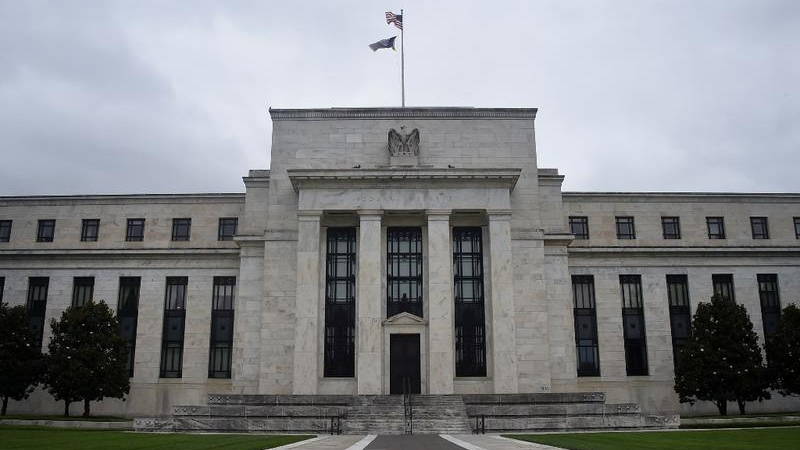
He Weiwen: Any munition left? Fed maintains status quo
The U.S. Federal Open Market Committee (FOMC) released its statement on September 16 after two days of board meeting, which includes, among others, two key points not only for coping with the immediate situation, but also for a medium-term arrangement.
2020-09-18 -
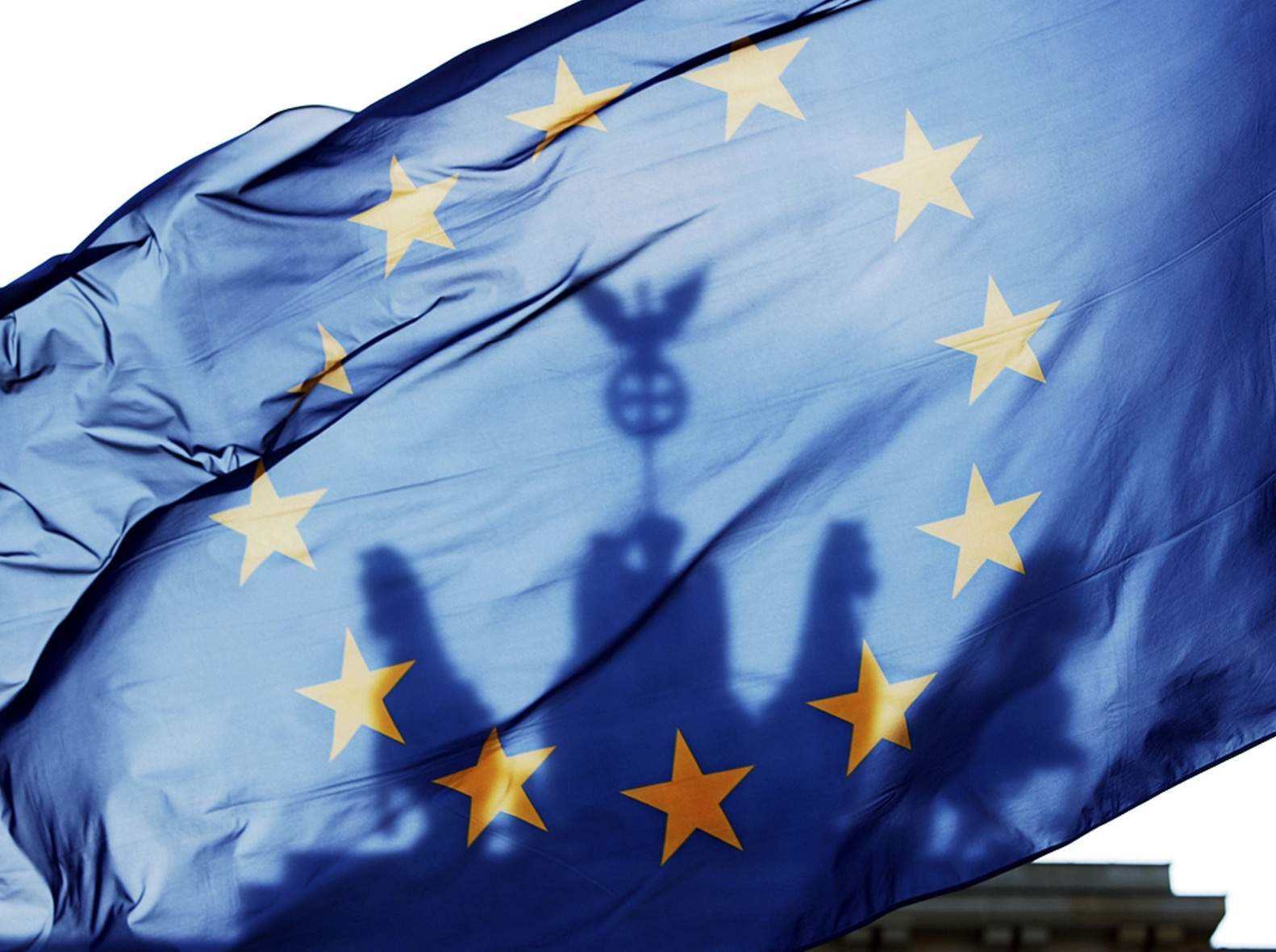
EU-China summit to avert second Cold War
The U.S. is the elephant in the room. The summit cannot negotiate a bilateral investment treaty because they also need to wait for the U.S. presidential election. The current White House will leap on any promise China gives to the EU
2020-09-18 -

RDCY was invited to participate 2020 CXO Think Tank Summit
2020.9.16
Ritz-Carlton
Pudong, Shanghai, CHINA
THE DECISION-MAKING,
DEPLOYMENT AND GROWTH OF
COMPANIES WORLDWIDE IN2020-09-18 -
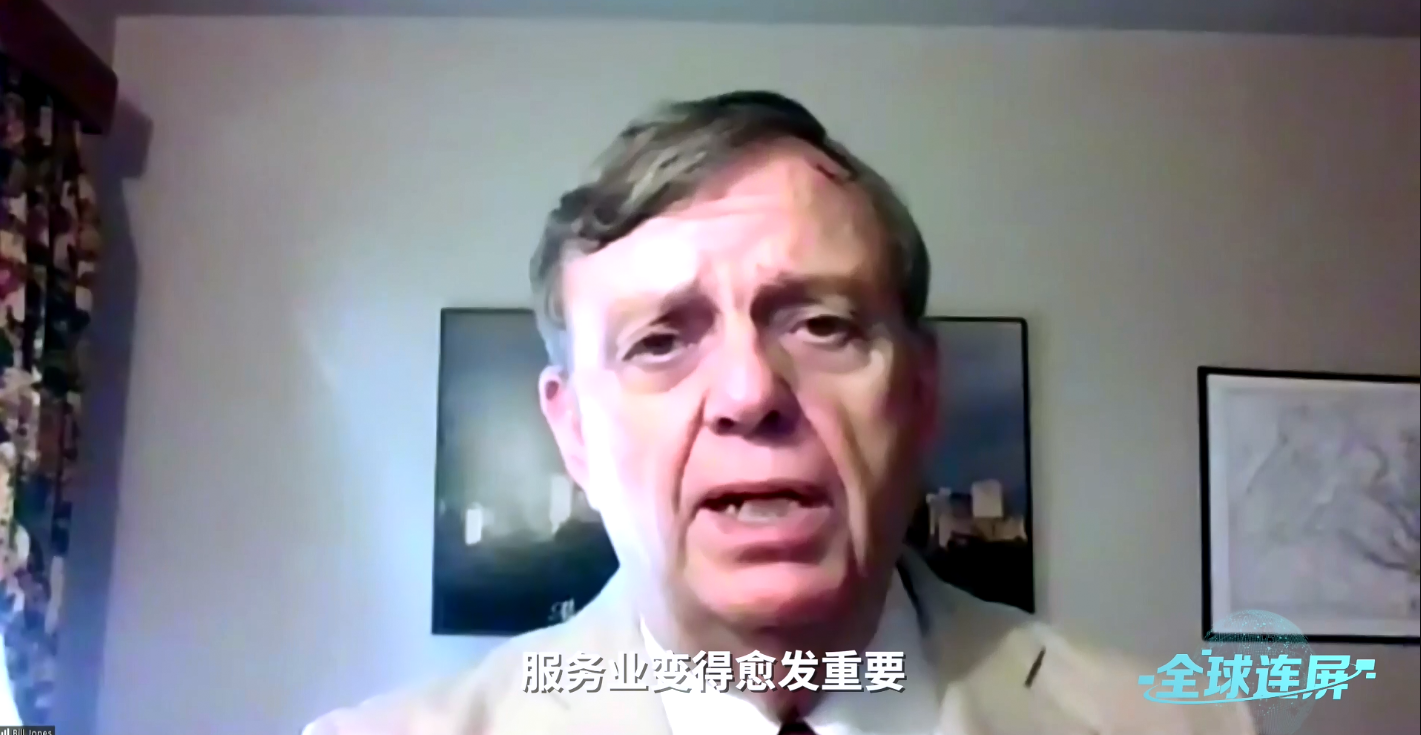
【CCTV】William Jones: China International Fair for Trade in Services conveys confidence of economic recovery
Trade in services now is extremely important in the world. For most countries, almost 50% of its economy is from services, like services mobile tele communication. It affects every area of manufacture production, every area of medical production. And especially now with COVID-19, which is also I think major focus in the trade fair, all the technologies which can be used, AI, 5G communication, tele medicine in order to create a more comprehensive and effective medical system.
2020-09-17 -
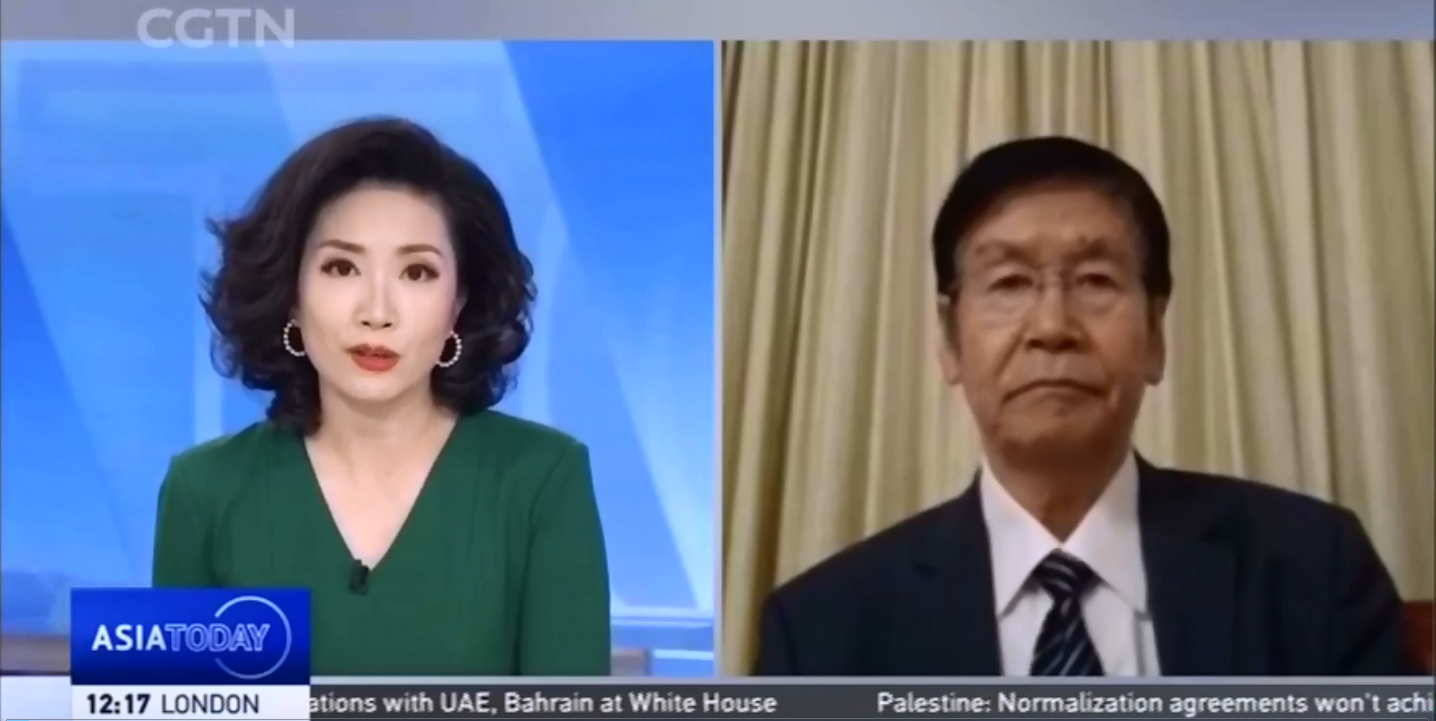
【CGTN】Liu Zhiqin: China focus on cushioning economic impact on poverty-stricken areas
Editor's Note: On sept 17, Liu Zhiqin, a senior fellow of the Chongyang Institute for Financial Studies, Renmin University of China (RDCY), said in an interview with CGTN about China focus on cushioning economic impact on poverty-stricken areas
2020-09-17 -

Zhou Rong: Pakistan needs to build more water conservancy facilities to control floods
“I think we need to start from two aspects. The first is to set up an early warning system. The second is to build more water conservancy facilities in areas at high risk of flooding.”
2020-09-17 -
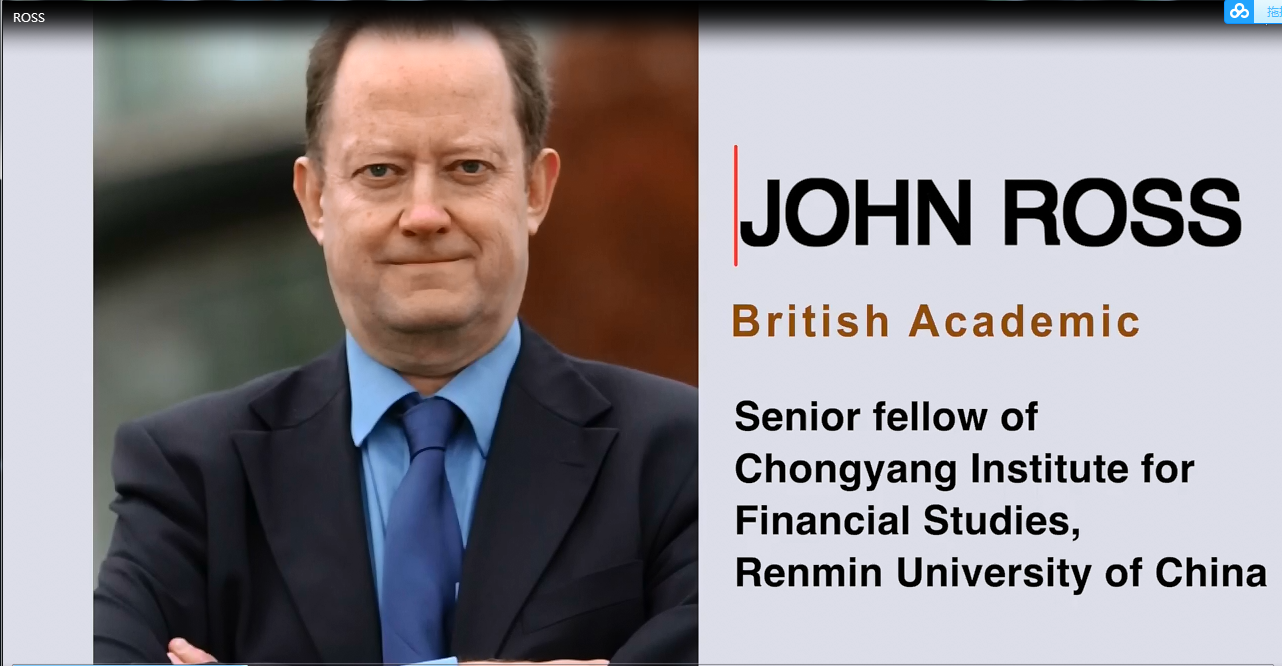
John Ross: Why National Security Law is important for Hong Kong?
Why National Security Law is important for Hong Kong?said John Ross during a live talk with the Dragon TV.
2020-09-17 -
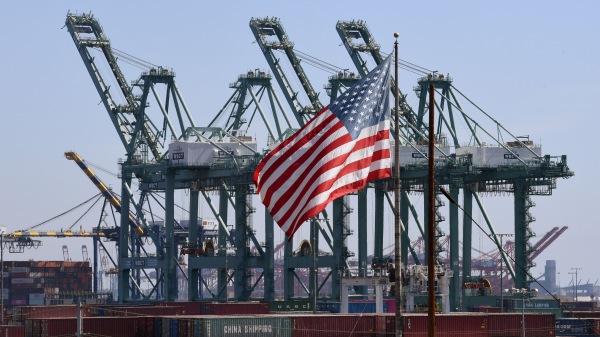
Beijing extends tariff exclusions on some US products by one year
China has extended tariff exclusions for some US imports, which are subject to Beijing's counter measures against US Section 301 action, by an additional year from Wednesday, the original date, until September 16, 2021.
2020-09-16 -

Liu Zongyi: India hurts itself with border belligerence
Tensions between India and Pakistan have escalated since 2019. After India revoked Jammu and Kashmir's special status in August 2019, New Delhi has been concerned that Islamabad would infiltrate the regions and that more protests and uprisings may emerge there. Therefore, India has imposed coercive policy in the region. It's not surprising to see India open fire on the civilian population. New Delhi suspects that all Pakistanis in the region are so-called terrorists.
2020-09-16 -
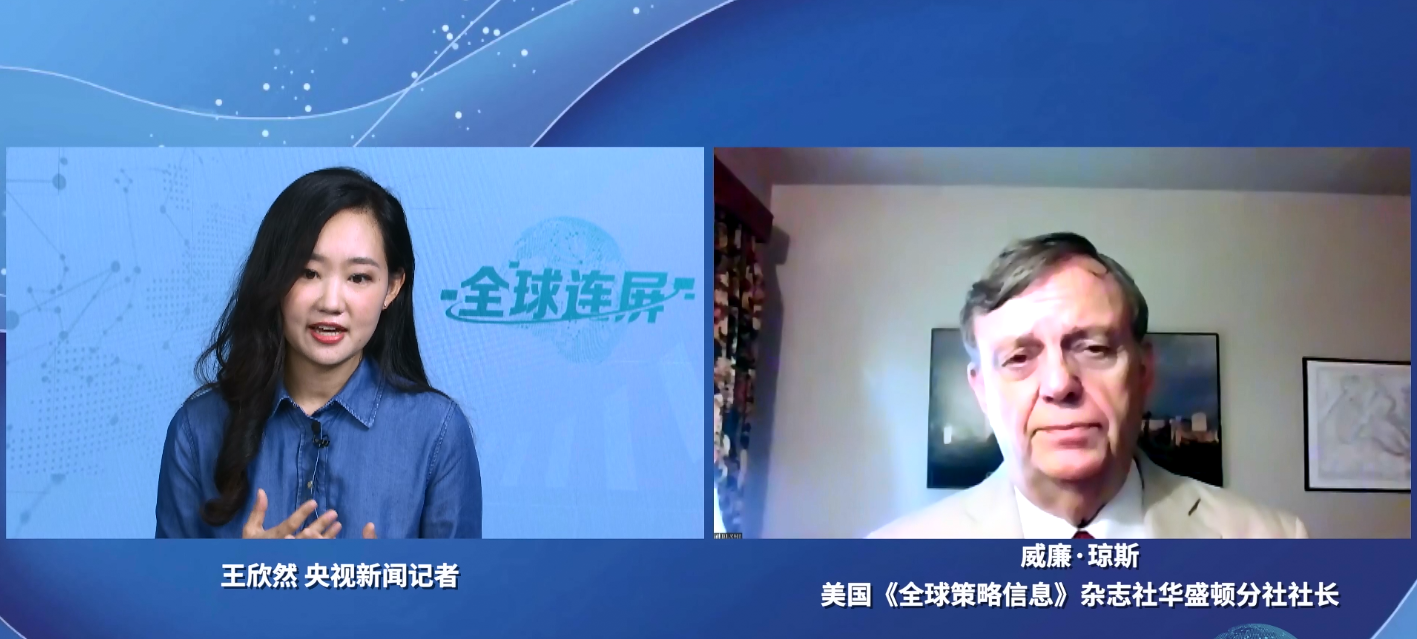
【CCTV】William Jones: The United States cannot prevent China from moving forward
Cause the important role China plays in the world economy, has played and will continue play for some time. And China is one of the first countries to be affected by COVID-19, had also the most brilliant performance. In terms of getting back to work, China is really on the forefront.
2020-09-16 -
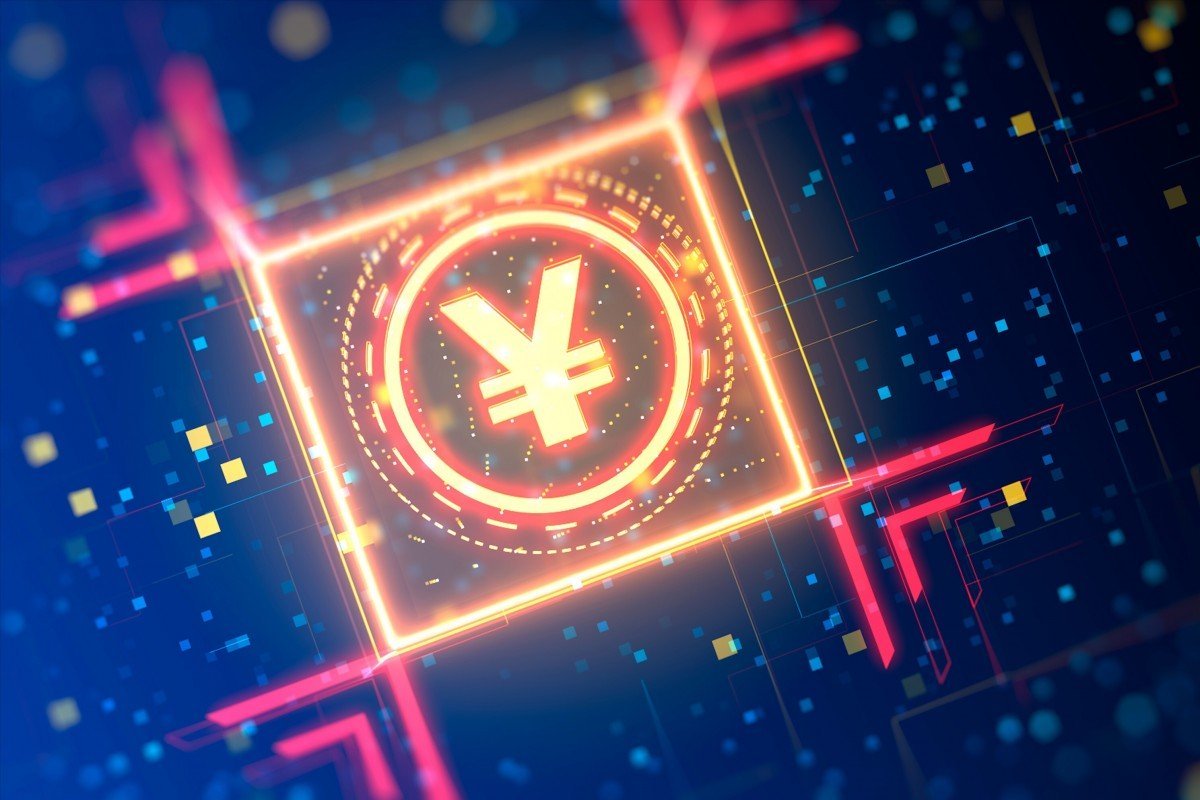
China’s digital sovereign currency tests give it a leg up on global peers
Beijing’s ambition to create a digital yuan used globally underscores its attempts to prepare for the future of the international monetary system amid economic decoupling with the United States.China’s central bank is moving closer to a full roll-out of its sovereign digital currency, with tests having already been conducted in pilot cities, though the formal launch date for the nation’s new digital money remains unknown.
2020-09-16 -
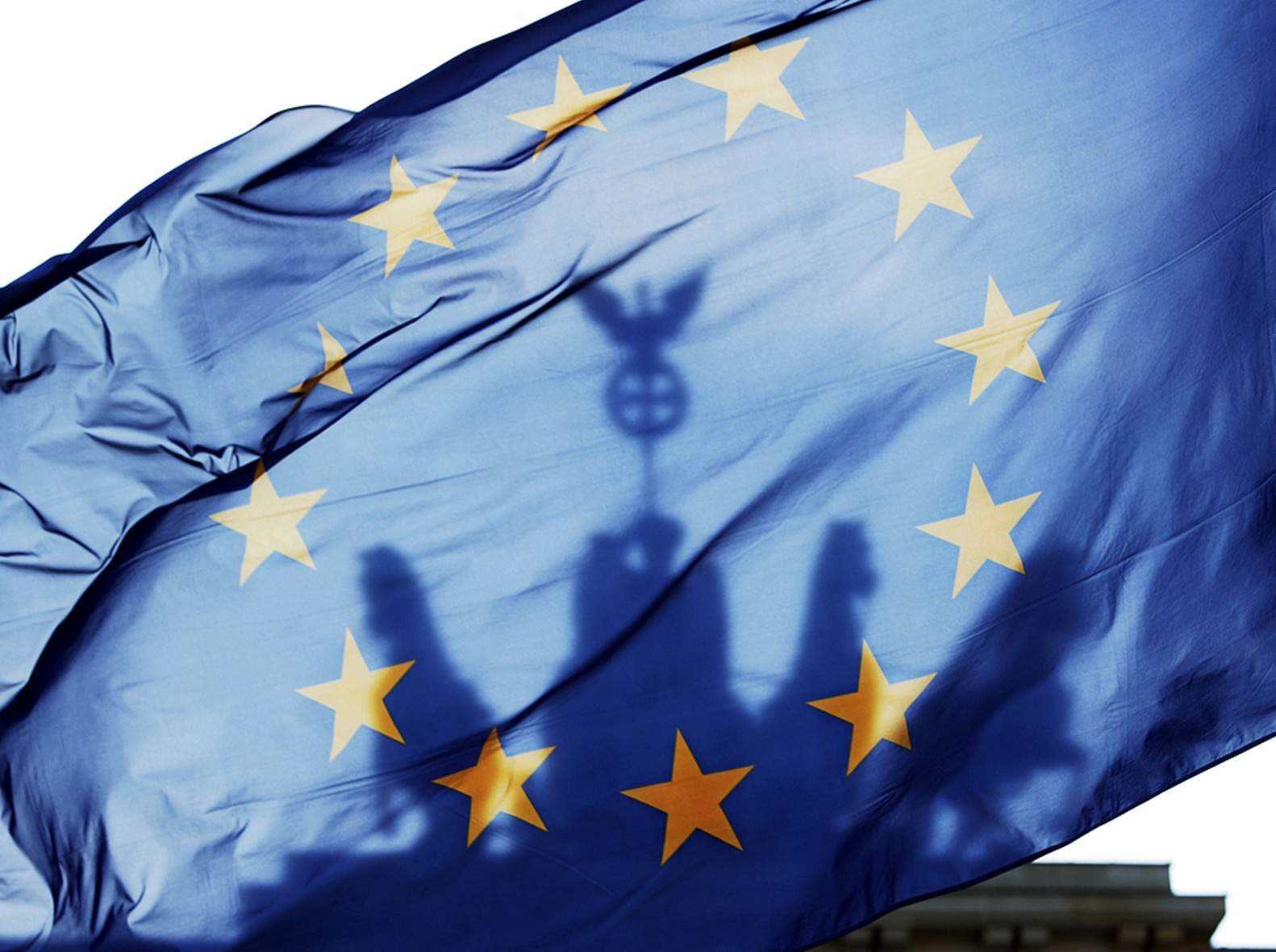
Wang Yiwei: The Changing China-EU Paradigm
China has restarted offline diplomacy, beginning with European cooperation. Its first post-pandemic foreign guest was the foreign minister of Hungary, and Chinese State Councilor and Foreign Minister Wang Yi’s went to Europe for his first overseas visit after the pandemic eased. Politburo member Yang Jiechi visited Portugal, Spain and Greece.
2020-09-15 -
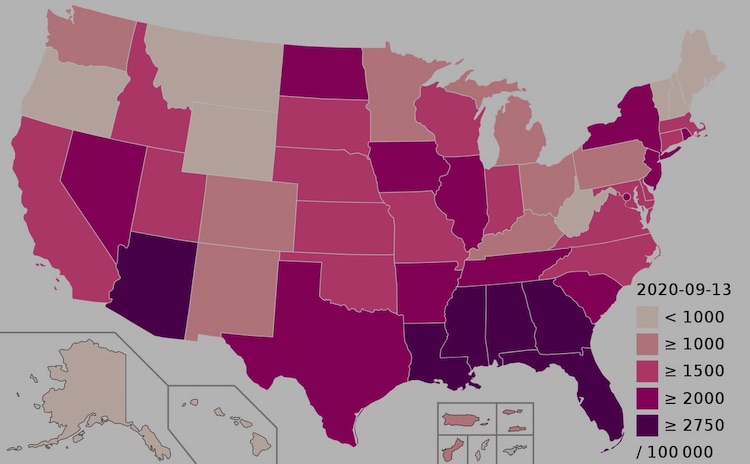
Vijay Prashad and John Ross: COVID-19: U.S. Deaths and Infections Several Times Higher Than Those in China
The United States continues to have the largest total number of cases of COVID-19. The government continues to flounder as the number of cases escalates. Not one state in the country seems immune to the spread of the disease.
2020-09-15 -
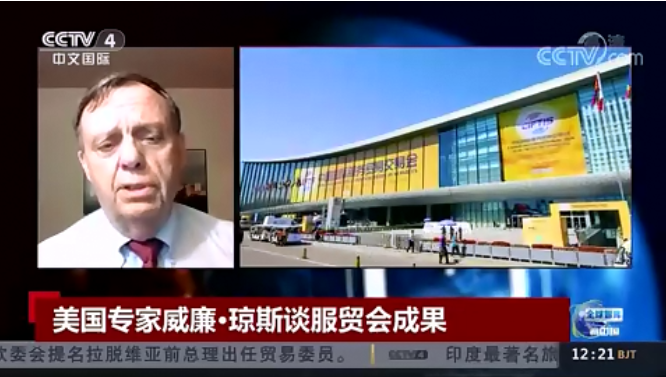
William Jones: The China International Fair for Trade in Services (CIFTIS) delivers confidence in economic recovery
Editor's note: The China International Fair for Trade in Services (CIFTIS), the first major international economic and trade event held both online and offline by China since the COVID-19 outbreak."Novel coronavirus pneumonia is spreading worldwide, and China is the only country that has the conditions to host such a grand event, which has passed the confidence of economic recovery in the world", William Jones, Washington Policy Analyst and Non-Resident Fellow of Chongyang Institute for Financial Studies, recently told CCTV news interview in an interview.
2020-09-15
























































































 京公网安备 11010802037854号
京公网安备 11010802037854号





